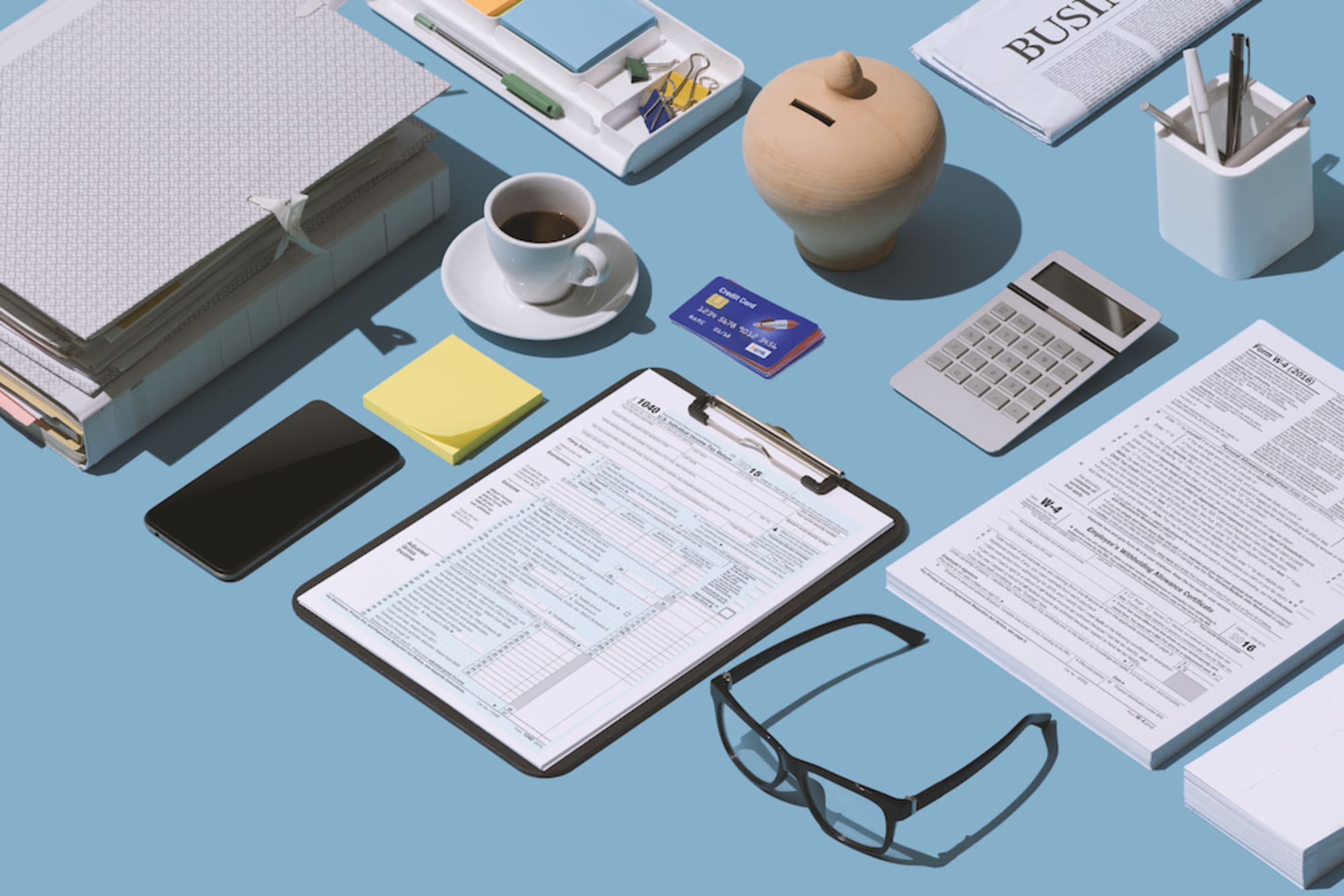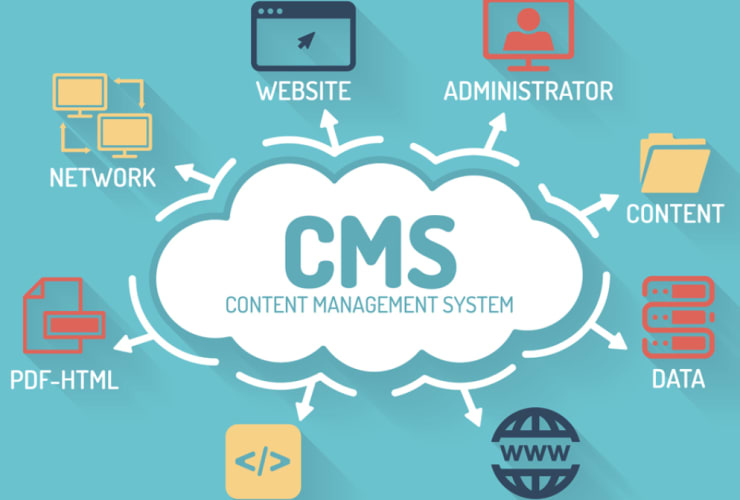100% Tax Relief on Your Website for UK Companies

HMRC make a distinction between what they call Capital Expenditure, and what they call Revenue Expenditure. This distinction need not reflect what you choose to do in your accounts, rather it is a question of fact! Capital expenditure is that which HMRC see as creating an enduring benefit (i.e. it will be used for years to come). Revenue expenditure normally is tax deductible whereas capital expenditure will not be - but should still qualify for capital allowances – usually at 100% of cost.
Let's start by looking at the cost of a new website (which we will say in this example is £6,000 + VAT). Assuming your business is VAT registered, you'll reclaim the £1,200 in the next return, so we'll set that to one side straightaway. (If your business is not VAT registered, the Capital Expenditure is £7,200 in your case.) So, rather than setting this cost against your Profit and Loss for the year in which the expense occurred, you would bring the new site into the business as an asset (just as you might a new van, or computer equipment). HMRC don't really mind how you choose to depreciate your assets and will allow you (in most cases) the full 100% of the expenditure. Typically, a commercial website will have a 'life expectancy' of around 3 years - mainly due to the way technology is advancing so rapidly - if you get 4 or more years out of it, you're doing pretty well. In this example, we'll work off a 3 year write-down term and depreciate the asset (website cost) by 33.33% each year for 3 years. You just got your £6,000 (or if non-VAT, £7,200) back so your website is now a freebie from month 36 onwards. By treating your website build cost as a Capital Expense, you get the opportunity to save tax without your balance sheet and P & L suffering, which is always a good thing as regards your credit rating with banks and suppliers. So, be honest! Did you offset your website build costs against Profit and Loss, or did you take the more beneficial Capital Allowance route?
Websites come with hosting and support costs by their very nature. Most businesses will also spend money on marketing and advertising. All of these 'ongoing' costs should nearly always be treated as Revenue Expenditure and come off your Profit and Loss account each financial year and not depreciated as assets.
The information in this article was provided by Durrants Calleva Accountants, 2A Zodiac House, Calleva Park, Aldermaston, Berkshire, RG7 8HN. http://www.durrants-accountants.co.uk/ The team at Durrants offer a range of small business accounting and bookkeeping services, as well as specialist tax advice.



